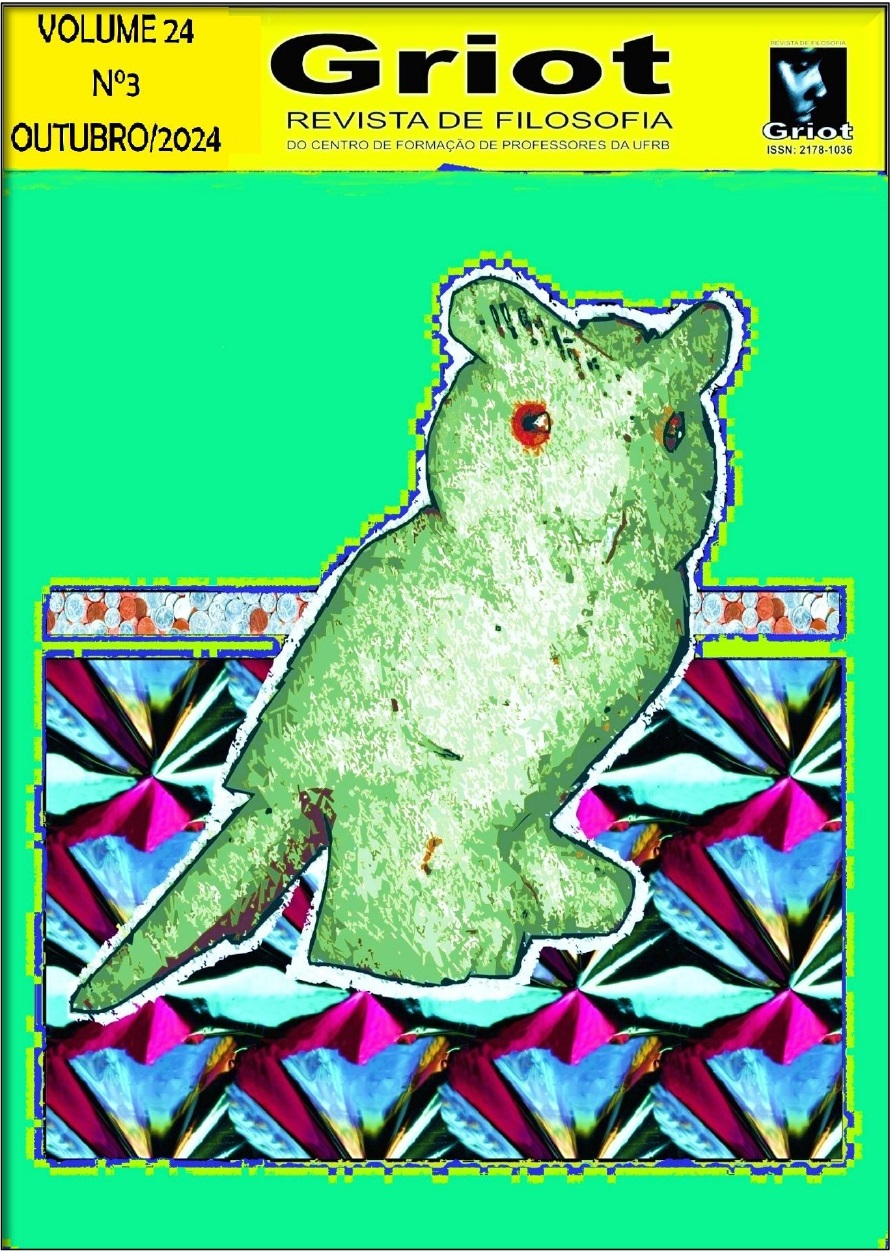Hannah Arendt and the challenge of the stability of political institutions in a secular word
DOI:
https://doi.org/10.31977/grirfi.v24i3.4864Keywords:
Authority; Institutions; Freedom; Constitution.Abstract
We aim to analyze the theme of authority and its interfaces with the crisis of tradition, the process of secularization and power in the foundational process of the secular state, with the great challenge of "thinking without banisters " in a secularized age. We will try to understand authority as an element of state stability by keeping the foundations alive through institutions. In this sense, the institutionalization of a lasting structure is only possible when people are able to preserve, through collective action, the forces that arise between them as humans inhabit the planet. In this way, constitutional authority assumes the role of authority and no longer resides in the force or violence of its founders, but in the proportion that in the symbolic imagination the citizen understands in the founding event a model for political action in the present. These mutual agreements produce a Constitution to mitigate the weight of the unpredictability of human action. At the same time, the Constitution creates and nurtures political power within the principles of the foundation.
Downloads
References
ADVERSE, Helton. Uma república para os modernos. Arendt, a secularização e o republicanismo. Filosofia Unisinos 13 (1): (39-56), jan/apr 2012.
ARENDT, Hannah. Entre Passado e o Futuro. São Paulo: Perspectiva, 2014.
ARENDT, Hannah. Sobre a Revolução. São Paulo: Companhia das Letras, 2011.
ARENDT, Hannah. Compreender: formação, exílio e totalitarismo (ensaios 1930 – 1954). São Paulo/Belo Horizonte: Companhia da Letras/Editora UFMG, 2008.
ARENDT, Hannah. Pensar sem corrimão: compreender (1953-1975). Rio de Janeiro: Bazar do Tempo, 2021.
ARENDT, Hannah. A Vida do Espírito: o pensar, o querer, o julgar. Rio de Janeiro: Instituto Piaget, 2017.
ARENDT, Hannah. A condição humana. Rio de Janeiro, Forense Universitária, 2016.
ARENDT, Hannah. Homens em tempos sombrios. São Paulo: Companhia das Letras, 2008.
BACH. Augusto. Entre a República dos Modernos e a Autoridade dos Antigos. Revista de Filosofia Aurora, Curitiba, v. 33, n. 60, p. 741-763, set./dez. 2021.
HAMILTON, Alexander; MADISON, James; JAY, John. O federalista. São Paulo: Abril Cultural, 1979 (Os pensadores).
LAFER, Celso. A reconstrução dos direitos humanos: um diálogo com o pensamento de Hannah Arendt. São Paulo, Companhia das Letras, 1988.
LÖWITH, Karl. Meaning in History: The Theological Implications of the Philosophy of History. Chicago: University Press, 1949.
GRIMAL, Pierre. Dicionário da Mitologia Grega e Romana. Rio de Janeiro. Bertrand Brasil, 2005.
RUBIANO, Mariana de Matos. Revolução em Hannah Arendt: compreensão e história. 2016. 280 f. Tese (Doutorado em Filosofia) - Faculdade de Filosofia, Letras e Ciências Humanas da USP, São Paulo, 2016.
SCHMITT, Carl. Teologia política. Belo Horizonte: Del Rey, 2006.
TORRES, Ana Paula Repolês. Direito e política em Hannah Arendt. São Paulo: Edições Loyola, 2013 (Coleção humanística).
Downloads
Published
How to Cite
Issue
Section
License
Copyright (c) 2024 Edson kretle Santos

This work is licensed under a Creative Commons Attribution 4.0 International License.
The authors who publish in Griot: Revista de Filosofia maintain the copyright and grant the magazine the right of first publication, with the work simultaneously licensed under the Creative Commons Attribution 4.0 International License, allowing sharing and adaptation, even for commercial purposes, with due recognition of authorship and initial publication in this journal. Read more...









































































